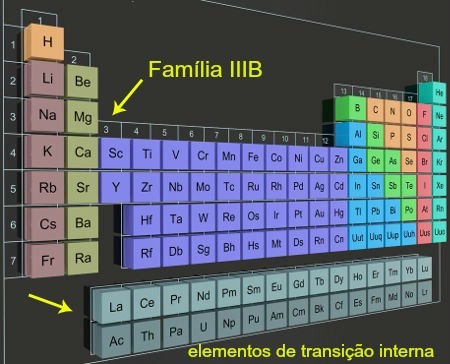The advancement of Artificial Intelligence (AI) raises a series of crucial questions, and one of them is whether machines are capable of taking ethical decisions in line with human values.
Such a complex question goes far beyond a simple answer, it requires a deep analysis of morality, machine learning and the place of technology in our society.
see more
Uber Eats is testing new AI assistant for the platform;…
Artificial Intelligence becomes a concern for consuming a lot of water;…
Firstly, it is essential to understand the meaning of ethics, derived from the Greek, as “behavior” or “habit”.
In modern times, this characteristic is considered a set of moral principles that guide the behavior of individuals and social groups in coexistence.
(Image: Freepik / Reproduction)
With the digital revolution, ethics in the online world gains prominence, guaranteeing the safety, dignity and privacy of people in the virtual environment, respecting moral values and current laws.
Although it is possible to program machines to follow ethical principles and make decisions based on rules predefined, the real question is whether they can internalize and understand the human principles underlying these decisions.
Responsibility for wrong ethical decisions: who should answer?
One argument in favor of machines making ethical decisions is their capacity for impartial analysis and logic. Machines have no emotions, biases or personal motivations, this makes them capable of consistently adhering to ethical rules.
Additionally, they can process large volumes of data and identify trends and ethical standards, which can result in informed decisions.
However, many ethical choices involve nuances and dilemmas that cannot be simplified into algorithms or data analysis.
Understanding human emotions, empathy and the ability to decide in complex contexts are inherently human characteristics that machines do not possess.
A recent example in Colombia involved a judge who used the assistance of a robot, the ChatGPT, to evaluate a case of the right to health of an autistic child.
The technology may have offered answers based on the country's laws and guidelines, or even compared the situation with similar precedents. But the machine is far from fully understanding the stories and perspectives of the people involved.
Therefore, it is clear that we cannot delegate responsibility to a machine for decisions that only human intelligence can weigh.
Placing full responsibility in the hands of machines can cause more harm than good. When a robot decides incorrectly, who will respond?
AI is a powerful tool that can optimize processes and improve efficiency across multiple industries. However, it is crucial to emphasize that human values must remain under the control human.
Machines cannot make decisions autonomously, but rather work together with our intelligence to ensure balanced and safe decisions.
Ethics is an area in which technology can be an ally, but it cannot replace human judgment and understanding.



